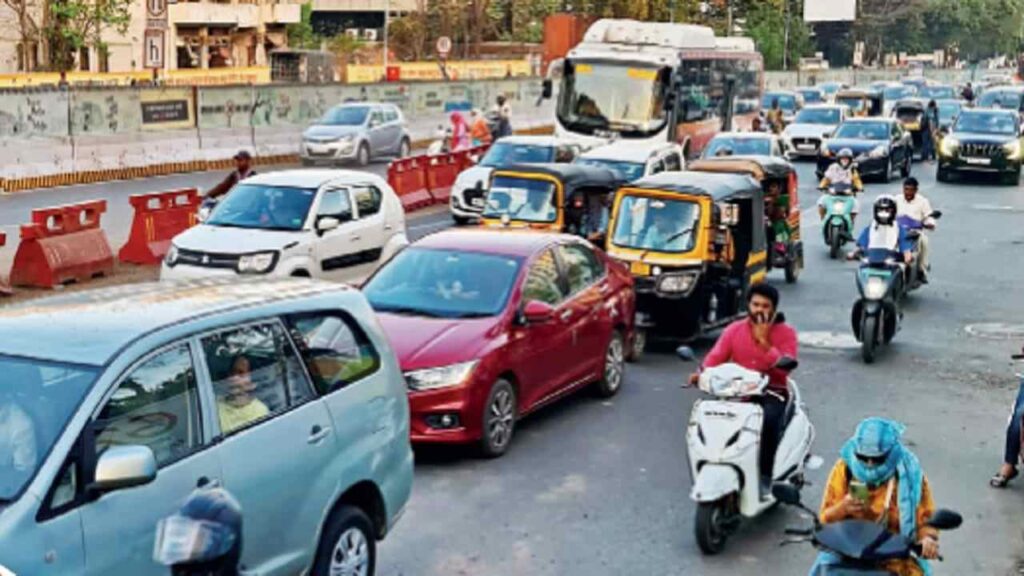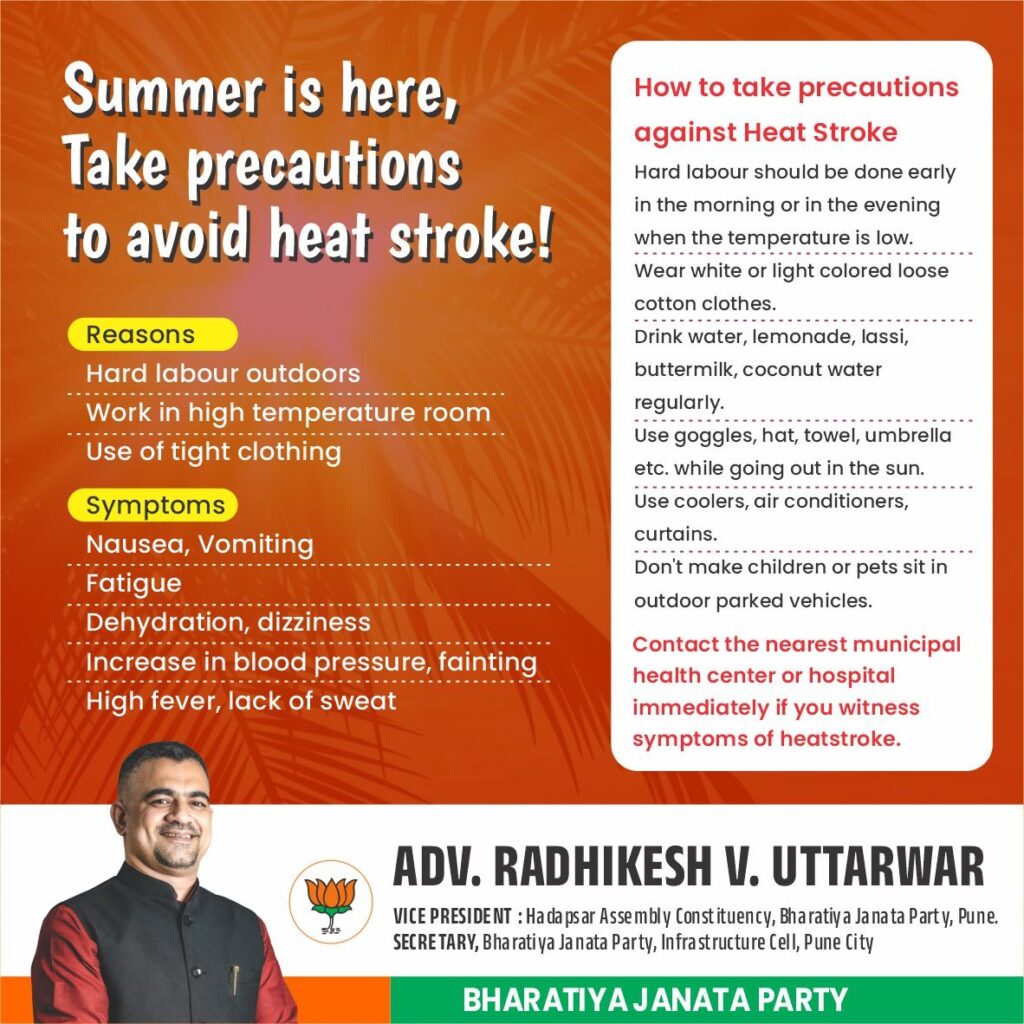Pune : Smart City Synchronized Signals Fail to Ease Traffic Gridlock: Commuters Still Trapped Despite Installation of 297 Signals

Pune : Smart City Synchronized Signals Fail to Ease Traffic Gridlock: Commuters Still Trapped Despite Installation of 297 Signals ( Representational Image )
In Pune city, synchronized signals have been implemented with the aim to ease traffic congestion on ten main roads, including Bajirao Road, Shivaji Road, Karve Road, and others. However, with 297 signals installed, the promised reduction in travel time remains elusive.
The synchronized signal system, initiated by the Smart City project, was expected to streamline traffic flow. Despite efforts, congestion persists, especially during peak hours. The city witnesses a daily struggle for commuters navigating from AC College to Shivajinagar, Vidyapeeth, and Pune Station. While mornings see smooth movement for vehicles from Paud phata, Kothrud, and Karve Road, evenings paint a different picture.
After 6 pm, congestion mounts, particularly for those traveling from Jungli Maharaj road and Deccan, culminating in a bottleneck at Chhatrapati Sambhaji Maharaj Putala.
This reality leaves drivers questioning the efficacy of the synchronized signal system. Instead of experiencing relief, they find themselves trapped in traffic jams, longing for respite. The frustration mounts as the promise of smoother journeys remains unfulfilled.
As the city grapples with persistent congestion, the hope for a reprieve from traffic woes hangs in the balance. According to a police official, “The morning commute from Karve Road to Pune experiences congestion, leading to extended travel times. Similarly, in the evening, traffic slows down on the route from Jungli Maharaj Road to Karve Road due to narrowed roads and ongoing construction. Signal durations vary along the way, contributing to delays. Despite efforts to alleviate congestion, it typically takes 10 to 15 minutes to cover the 4 km stretch in the morning and 10 minutes in the evening.”










